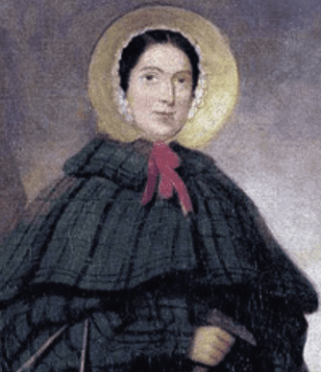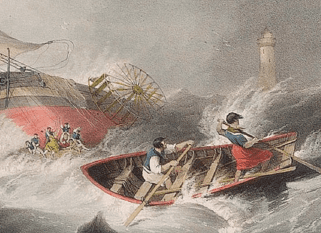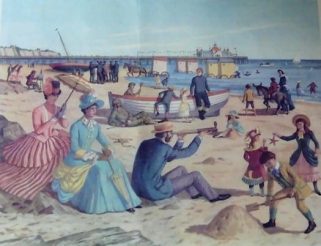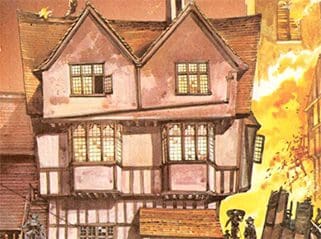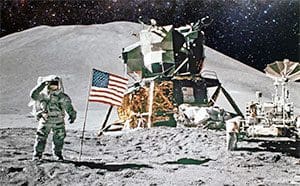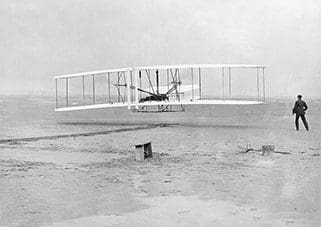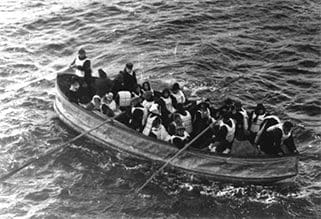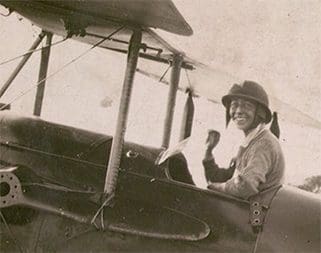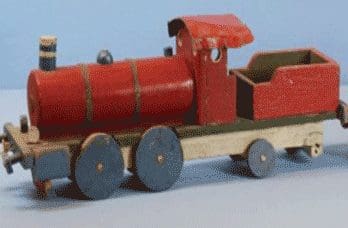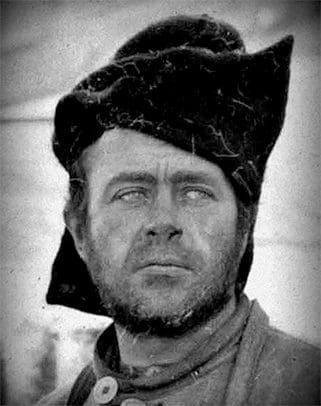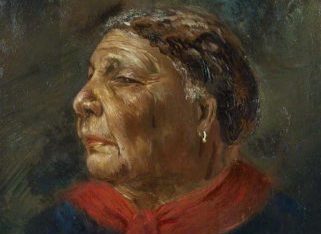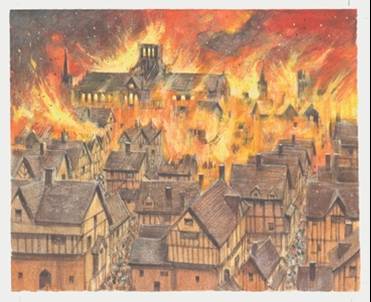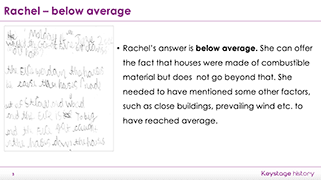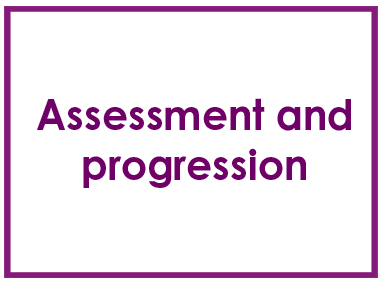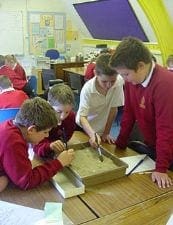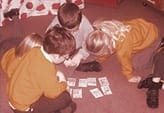Assessment and Progression
Mary Anning – assessment task
Focus: Significance This simple-to-administer, uncomplicated task uses a contemporary image to stimulate pupils to think about Mary Anning’s long-term significance….
Read MoreGrace Darling – assessment task
Focus: Interpretations Y1 Pupils compare contrasting images of Graces’ rescue and try to explain how and why they are different….
Read MoreSeaside – assessment task
Focus: similarity and difference and change Assessing Year 1 children’s understanding of how different going for a swim in the…
Read MoreGreat Fire – assessment task
Focus: Causation Using one large colour image as a stimulus pupils have to draw on their detailed understanding of the…
Read MoreCaxton and Bell – assessment task
Focus: characteristic features of period & using sources Y2 Using just one image which contains lots of clues, pupils have…
Read MoreMoon landing – assessment task
Focus : Using sources Pupils have to identify key features from a visual source to answer a question regarding the…
Read MoreWright brothers – assessment task
In this brief diagnostic assessment task , supported by 4 pictorial clues, pupils are asked to show if they understand…
Read MoreSinking of the Titanic – assessment task – looking at consequences and change
This task asks pupils to consider consequences of the disaster and changes over time arising from it Assessment task and…
Read MoreFlorence Nightingale – assessment task
Focus: Change and significance This task offers pupils 3 carefully chose images to support their understanding of the achievements of…
Read MoreAmy Johnson – assessment task – Can you explain why Amy Johnson was so important?
The children are given the task sheet containing three pictures and the question. Each has been included for a particular…
Read MoreToys; old and new – assessment task
Focus concept: Making deductions/ similarity and difference This task is designed to be non-threatening and to be carried out in…
Read MoreScott of the Antarctic – assessment task Y2
Focus concept: Causation The first task serves as a more gentle introduction to the idea of cause by looking at…
Read MoreMary Seacole – Assessment task – Assessing pupils’ understanding of the work of Mary Seacole
Target concepts: characteristic features of the period and significance This task is designed to elicit pupils’ understanding of the contribution…
Read MoreCommon assessment tasks in history at KS1
It is often difficult knowing how to assess pupils’ historical thinking at KS1. Are we simply testing literacy and /or…
Read MoreJudging pupils’ work in history at KS 1
This section of the site offers a few words of advice about assessing individual pieces of work and provides commentaries…
Read MorePrinciples of good assessment in history at Key Stage 1
Assessment in Foundation subjects is not well-developed, and is nearly always found wanting in successive OFSTED reports. When assessment in…
Read MoreProgression in history at Key Stage 1 by Skill / Concept
The problem Trying to secure progression within your Key Stage 1 history curriculum is not always as easy as it…
Read MoreWhat would your pupils say about getting better at history, when they leave your school?
Recently two university education departments carried out a broad-sweep survey of primary pupils’ experience of history at KS1 and 2…
Read MoreI’m a new subject leader. How do I know if pupils are making the progress they should in history?
Getting a handle on progression is complicated. There are lots of superficially appealing lists of competencies that link to each…
Read MoreAPP in history: where are we now? Some key questions answered
APP in history: where are we now? Life after levels This section is no longer current, of course, so please…
Read MoreAssessment for learning in Primary history
Assessment for Learning is much vaunted and many faceted. If we break down what it means in its constituent parts,…
Read MoreTarget setting in history at Key Stage 1
The setting of targets with this age group for Foundation subjects is problematic., not least because pupils’ experience of history…
Read MoreProgression in history at Key Stage 1
The problem Trying to secure progression within your Key Stage 1 history curriculum is not always as easy as it…
Read MoreGeneral advice regarding progression in history at Key Stage 1
This section outlines the key indicators of progression. The other section looks at each strand in detail. We all need to…
Read More
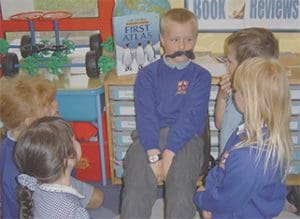 Assessment is a topic which often generates more heat than light. In many ways, for all that has been written on the topic, things haven’t improved much over the past two decades.
Assessment is a topic which often generates more heat than light. In many ways, for all that has been written on the topic, things haven’t improved much over the past two decades.